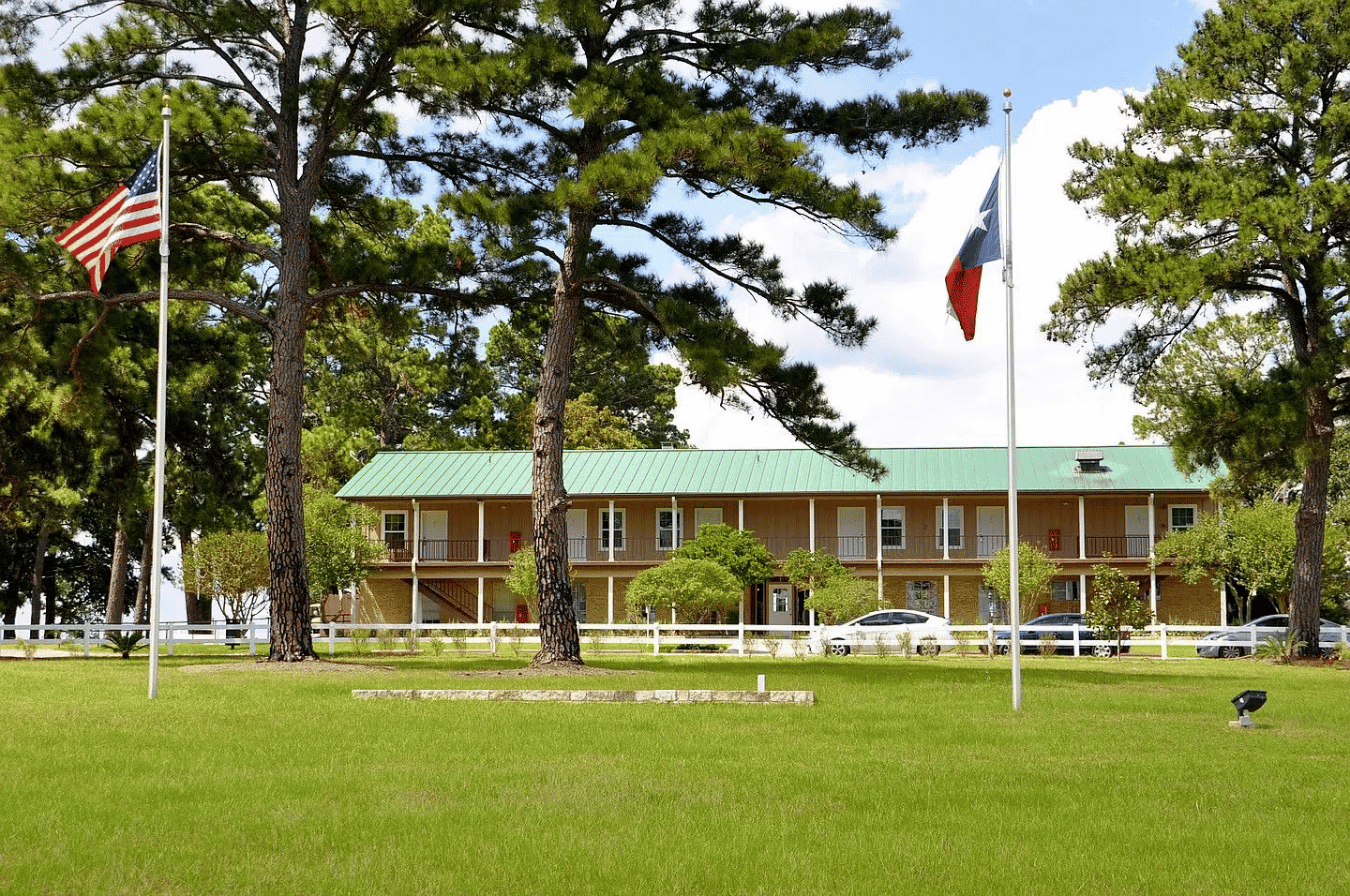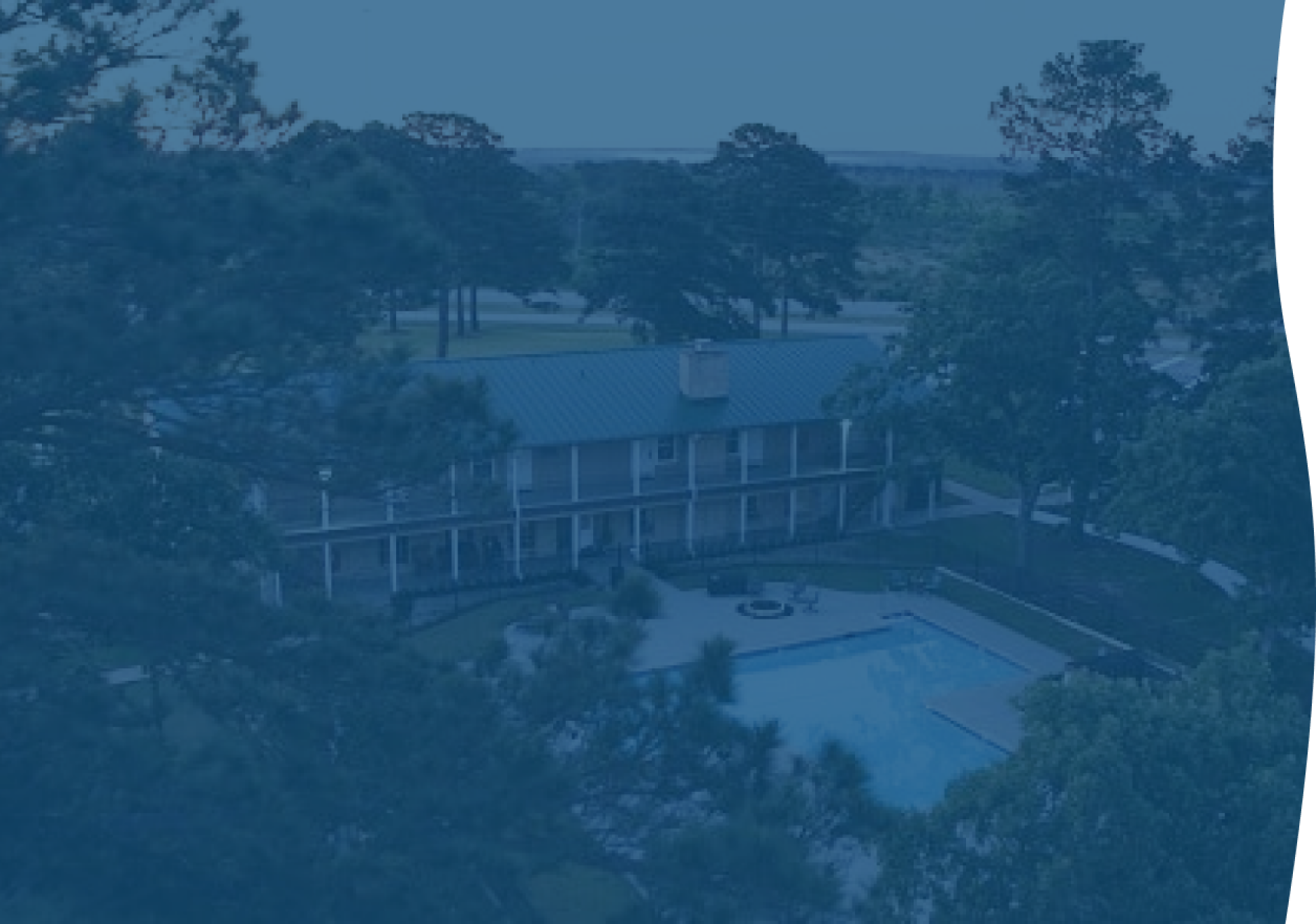
Willow Springs Recovery - Austin, Texas
GET HONEST & ACCURATE QUOTE
Dual Diagnosis Treatment in Austin, Texas
Top rated addiction treatment located on 38 acres of quiet and calming scenery.
- Keep your phone and laptop
- Safe 24/7 monitored detox
- SMART options
- Dual diagnosis programs
- Long-term arrangements
- Thorough aftercare planning
- Located in Bastrop, Texas
- Out of state options in CA, CO and IL
Check your coverage and get informed on admission process! Call us at:
 555-555-5555*
555-555-5555*
*HIPPA Compliant and 100% confidential
MAXIMIZE YOUR PPO COVERAGE WITH OUR HELP
We will work with insurance to get you the best possible coverage and minimize expenses.
Austin is a large city and one that has many young adults that struggle with substance use disorder. Fentanyl is a commonly abused drug in the area, and there are clear signs that mental illness and drug abuse are common co-occurring disorders that require dual diagnosis rehab. This is a city full of young people, and the proximity to the Mexican border makes Austin a city difficult to manage because of the high amount of drug traffic observed. In Travis County, there were 590 opioid overdose deaths from 2006-2016. Heroin was the most commonly abused substance.
What is Dual Diagnosis Treatment?
An inpatient dual diagnosis treatment facility deals with both mental health diagnoses and substance use disorder issues at the same time. Mental health and addiction treatment centers that focus on dual diagnosis treatment find that people are more successful when mental health needs can be addressed while getting treatment for substance use disorder. Substance use disorder is common among the many college students in the area, as many feel pressure to excel in their classes. In an attempt to manage anxiety, depression, or stress, many students seek substances that are not healthy. This leads to a dependence on substances and creates the need for a dual diagnosis program to address the underlying causes of the addiction.
Understanding Dual Diagnosis Treatment
Residential dual diagnosis treatment facilities allow people to get the help they need for an addiction to substances, while also focusing on mental health needs. In many Austin residential dual diagnosis treatment centers, 12 step programs are introduced, as well as holistic treatment options to improve the mental and physical health of those struggling with addiction. AA, or Alcoholics Anonymous, is a treatment method that uses 12 steps to overcome an addiction to alcohol or drugs. There are AA meetings throughout the city of Austin, TX, you can attend once you leave a dual diagnosis treatment center.

Mental Health and Substance Use Disorder Treatment Centers
When you are in an inpatient dual diagnosis treatment program, you will work with a counselor to create a treatment plan. You might learn about holistic ways to improve your mental and physical health. Yoga, acupuncture, meditation, and deep breathing can all help you feel more centered. Individual counseling is important when you are working to overcome an addiction, and group therapy is a common part of addiction treatment. You will get to know peers who are also in recovery, and a number of these individuals will become part of our support network once you leave residential care.
Types of Addiction Treatment
At the beginning of addiction treatment, it is vital to physically remove substances from your system successfully. You may need to start with a detox facility in Austin before you can begin treatment in a rehab facility. After detox, many people move on to a short-term rehabilitation program. This can last for several weeks, and some people are ready to return home after that. You will work with your counselor to determine if you need a long-term rehabilitation facility, or if you can manage at home with support services in place.
Back in the Community
Once you return home after a successful detox and inpatient dual diagnosis treatment center, continue your hard work by finding the support you need. Work with an individual counselor to address ongoing mental health needs to help you navigate your new sobriety. Discover area meetings where you can meet peers to find support. Look for ways to improve your mental and physical health, and try to include activities with friends that you trust. When you surround yourself with others who are successful in recovery, you will discover that you have a stronger ability to stay sober.
Medical disclaimer:
Sunshine Behavioral Health strives to help people who are facing substance abuse, addiction, mental health disorders, or a combination of these conditions. It does this by providing compassionate care and evidence-based content that addresses health, treatment, and recovery.
Licensed medical professionals review material we publish on our site. The material is not a substitute for qualified medical diagnoses, treatment, or advice. It should not be used to replace the suggestions of your personal physician or other health care professionals.






